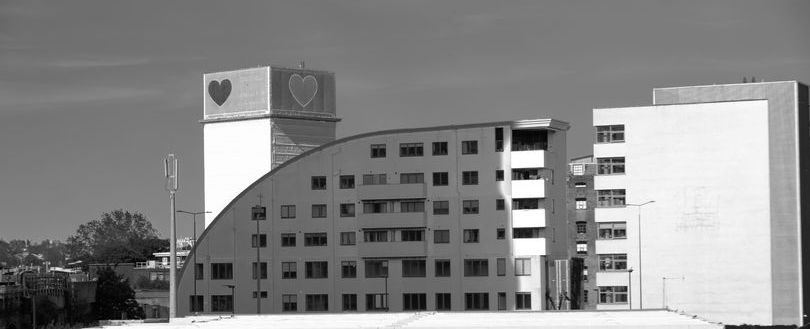
Kensington and Chelsea Council Pledges to Strengthen Safety Standards
Like it? Share it!
10 February 2025
The Royal Borough of Kensington and Chelsea (RBK&C) has reaffirmed its commitment to improving safety standards in response to the findings of the Grenfell Tower Inquiry Phase 2 report.
During a full council meeting last month, RBK&C formally acknowledged the report’s conclusions, admitting failures in fundamental responsibilities, including resident safety, responsiveness to concerns, and emergency response effectiveness. The council accepted criticisms regarding its breakdown in resident relations, lack of professional competence in key areas such as building control and emergency planning, and shortcomings in leadership and governance.
Enhancing Safety Measures
Since the 2017 fire, RBK&C has invested over £350 million in housing and safety improvements and established an in-house fire safety team. Fire risk assessments are now conducted by independent experts. However, the council recognises that many residents remain unconvinced about the extent of these changes, particularly in areas concerning safety, service quality, discrimination, and community engagement.
To address these concerns, RBK&C has structured its response around three core principles:
- Empowering residents and encouraging participation
- Ensuring independent scrutiny and oversight
- Upholding high standards and technical excellence
Key Safety and Skills Commitments
As part of its renewed focus on safety, RBK&C has pledged to:
- Maintain and strengthen its ban on products and services linked to the Grenfell Tower fire, alongside a complete prohibition on combustible materials in external walls for all council-led construction and refurbishment projects, regardless of building height.
- Require all building control staff to complete mandatory professional accreditation and training, with regular progress reports to senior management.
- Embed safety considerations into contract management by mandating safety assessments for key decisions, enhancing contract safety requirements, and establishing clear escalation procedures for safety concerns.
- Implement a new contract management framework, systematically track contractor performance data, and regularly report on service delivery standards.
- Review recruitment, training, and staff performance management, ensuring a focus on technical competence, safety awareness, public service, and community engagement.
- Introduce a robust system for tracking staff qualifications and training, ensuring compliance with mandatory requirements and professional registrations.
- Conduct quarterly reviews of workforce training completion, perform regular skills audits, and implement succession planning for specialist roles.
- Develop a new information-sharing protocol to ensure vulnerable residents receive personal risk assessments and evacuation plans, enabling appropriate support during emergencies.
Commitment to Transparency and Cultural Change
Beyond safety and technical competence, RBK&C is dedicated to greater transparency in sharing information and performance data. Senior leaders will maintain direct engagement with communities, prioritising social housing residents and areas where trust needs rebuilding. Additionally, an independent external review will assess the council’s internal culture, particularly its relationship with residents.
Long-Term Reforms and Action Plan
Given the requirement to respond within three months of the inquiry’s Phase 2 report, RBK&C will release a more detailed action plan in early 2025, outlining specific timelines, responsibilities, and implementation strategies. The council acknowledges that these reforms are fundamental and will require time to fully implement.
Summarising its commitment to high standards and technical excellence, the council stated:
"We commit to being an organisation founded on the highest standards of individual professional competence and collective service standards for our residents. That means investing in our workforce through recruitment, training and development; establishing clear standards and robust performance management; and creating systems that support and reward expertise and competence.
"We must create a culture where standards are upheld without compromise, where projects and priorities are delivered with sustained effort, pace and urgency, and where safety, responsiveness and quality are prioritised over convenience and cost.”
View the source.
Our eNews provides regular insight into industry trends, news headlines, and product and service information. For more articles like this Subscribe to our enews.
Related news
-
Record Rise in E-Bike and E-Scooter Fires Across London
28 January 2026
Related resources
-
Passenger Service Vehicle - Guidance Note
05 September 2023
